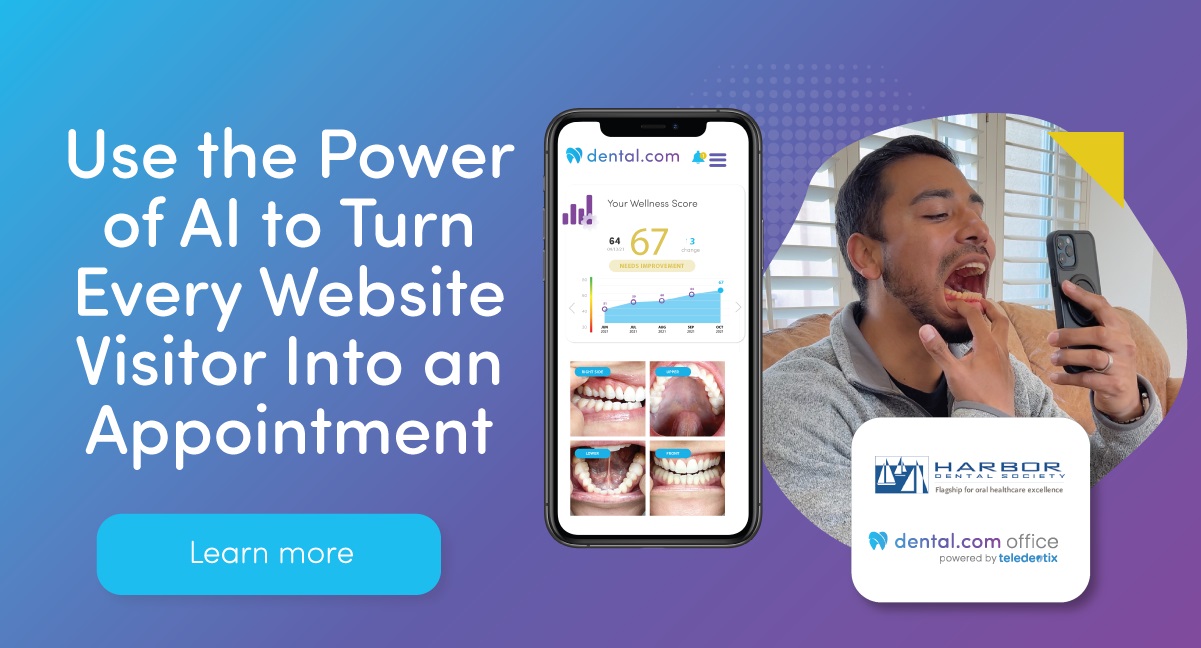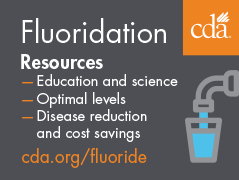Thursday, Oct 30, 2014
As California approaches the second full year of the roll out of the Affordable Care Act (ACA), California’s Health Benefit Exchange Board, responsible for Covered California, the state’s online insurance marketplace and for the overall implementation of the ACA in California, has announced some changes to how dental benefits will be offered in 2015.
Unlike last year, California will now require all medical plans that sell products in Covered California to offer pediatric dental benefits as part of their benefits package. All of the medical plans will be partnering with separate dental plans to provide the benefit to families. By requiring medical plans to offer the essential pediatric dental coverages, California will ensure that all children who get their health coverage through the Exchange will also get dental coverage and the cost of that “embedded” coverage will be eligible for federal subsidies to families that qualify according to their income level.
In 2014, when the pediatric dental benefit was an optional purchase, less than one third of the children who bought medical coverage also purchased the separate dental coverage that was offered and the purchase of that coverage was not subsidy-eligible because of the narrow federal Internal Revenue Service (IRS) rules.
While CDA supports pediatric dental benefits being one of the essential health benefits, the association has expressed concerns with only medical plans offering the dental benefit, since most of the plans have never done so in the past. This brand new, untested endeavor by California’s health plans will require state regulators to closely monitor these insurance companies to ensure they meet the needs of their policy holders and do what is necessary to ensure they maintain a robust network of dental providers able to provide timely access to care.
CDA’s advocacy efforts have been successful in making sure that the plans sold through Covered California are structured in such a way that regulators must separately monitor the dental plans on these critical issues.
In addition to the new structure of the offering of the pediatric dental benefit, Covered California will for the first time be offering adult dental benefits for purchase through family dental plans that will allow adults to purchase dental insurance for themselves when paired with the pediatric dental essential health benefit. Five standalone dental plans will be offering this new benefit. Due to IRS rules, federal subsidies will not be available to those who purchase this benefit through the Exchange.
Important questions remain about the operation and effectiveness of Covered California. Major issues from its initial roll out in 2013 include substantive problems with provider directories and the adequacy of provider networks. During the last open enrollment period, Covered California could not maintain an adequate list of the providers participating in each plan to inform potential health or dental plan purchasers. This left potential policy holders to either attempt to contact each plan individually to figure out if their current doctor or dentist was a member of the network or to buy an insurance product without knowing which providers would be available to them.
In addition, two of the medical plans that sold products through Covered California are currently under investigation by the Department of Managed Health Care (DMHC), which is the state agency tasked with regulating most of the insurance plans in the state and making sure they follow the laws about network adequacy. DMHC is investigating whether Anthem Blue Cross and Blue Shield of California violated state law by misleading consumers about the size and specific make-up of their provider networks and whether their “narrow networks” made it too difficult for policy holders to get timely care.
CDA remains engaged in all of the statewide ACA implementation efforts, advocating for members, and is an ongoing resource for members who have questions about the health care reform law, its implementation in California and how it may impact dentists and the profession. For more information, please contact CDA’s director of public policy, Nicette Short at nicette.short@cda.org.







